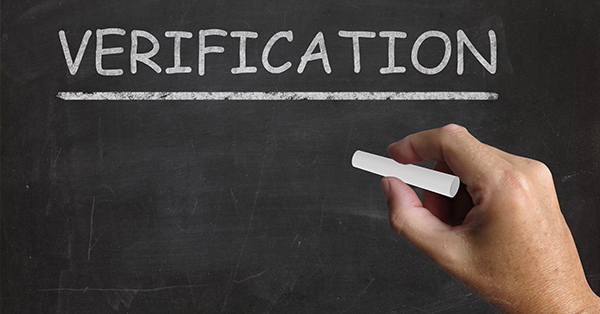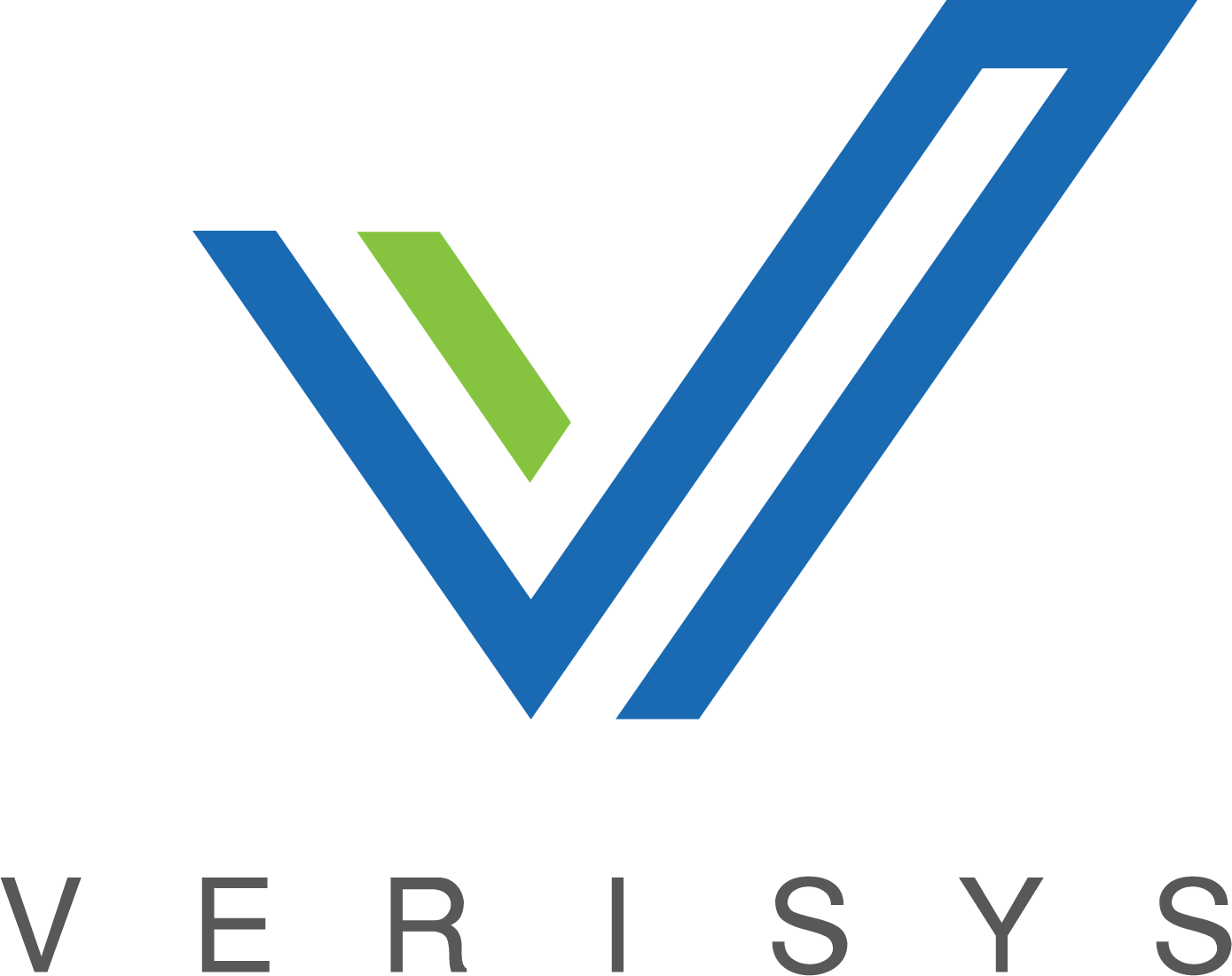– The best resource for monthly healthcare regulatory compliance updates. Compliance Updates: April 2024 Overlook: Licensure Compacts Other Legislation Board Updates Interstate Medical...


As a healthcare entity, medical credentialing is necessary to ensure your physicians have the qualifications to deliver quality care to your patients. Medical credentialing is the process of verifying that a physician’s education, training, licensure, certifications, experience, and competence are current and valid.
This process is required by most government agencies that pay for healthcare services, including Medicare and Medicaid, as well as most private insurers and healthcare entities such as hospitals and clinics. Medical credentialing requires healthcare organizations to check practitioners’ qualifications and license status on a regular basis as well as upon hiring.
Some healthcare entities hire a CVO, or Credentials Verification Organization, and delegate their medical credentialing to an outside organization that is equipped with the technology and automation to do it quicker and more efficiently. A CVO uses primary sources to verify practitioners’ credentials on behalf of the healthcare organization. CVOs monitor sanctions, exclusions, debarments, license status, and disciplinary actions of providers. A CVO can also provide additional services such as screening providers against sex offender and abuse registries.
By conducting thorough provider screening and license verifications using multiple primary source data sets, CVOs protect patients from dangerous, fraudulent, or negligent practitioners. CVOs also protect healthcare entities by helping them meet credentialing requirements and by providing important information about current or prospective hires.
Healthcare organizations must collect several documents from the practitioner and complete several screenings against state and federal sources to verify the currency and authenticity of a provider’s license and exclusion status. These credentialing tasks include background checks, credential, and claim verifications, sanction checks, primary source verification of education, training, documents, and more. Once these steps are completed, the healthcare organization must present the relevant files to medical boards and committees before granting privileges and sending an appointment letter.
It takes medical staff services many, many hours to complete the medical credentialing process for a single provider because things outside of their control can delay the process. If an application is missing a document or a primary source doesn’t immediately respond, it can cause delays that last days or weeks or even longer.
To assist with the verification and credentialing process, it’s important that the provider has the necessary documents in order to prevent delays. Some of the items that may be requested in order to complete the verification and credentialing are:
Note that credentialing requirements vary by state, and you may be required to produce or verify additional documentation.
Although most medical credentialing processes are straightforward, sometimes an inquiry may come back stating that the insurance panel is closed. If an insurance company determines it has enough providers for a certain specialty, it may decide not to fund any more providers and refuse to go through the credentialing process, closing the panel. This means the insurance company will consider the new provider outside its network and will not reimburse the provider for services.
If this happens during the verification process, you have two options: accept or appeal. If you accept the closed panel, your provider may choose to continue working as an out-of-network provider. Your reimbursement from the insurance company will depend on the patient’s plan, so determining the financial repercussions from this decision may be difficult.
If you appeal, an effective closed panel appeal package will improve your chances of success. The package should include the following:
Some panels may remain closed despite your best efforts, but sometimes appeals succeed. Your request to get your provider on a closed panel could benefit both your patient and your practice.
Keeping track of changing government regulations, license renewals and expiration dates, federal and state exclusion lists, and the myriad of documentation required for medical credentialing can be a complex and time-consuming process to do in-house. There are thousands of primary sources that contain the information on practitioners that need to be accessed and monitored and this is extremely time-intensive to do manually.
Hiring a CVO like Verisys to handle your provider credentialing needs saves you both time and money and frees up staff and resources. Outsourcing your provider credentialing to Verisys minimizes the risk to your patients and your practice. Verisys screens and monitors the license and exclusion status of your practitioners against thousands of primary sources which means your entire staff is always compliant. Click here to find out how easy it is to outsource your medical provider credentialing.
 |
Written by Verisys Verisys transforms provider data, workforce data, and relationship management. Healthcare, life science, and background screening organizations rely on our comprehensive solutions to discover their true potential. Visit verisys.com to learn how we turn problems into power.
|